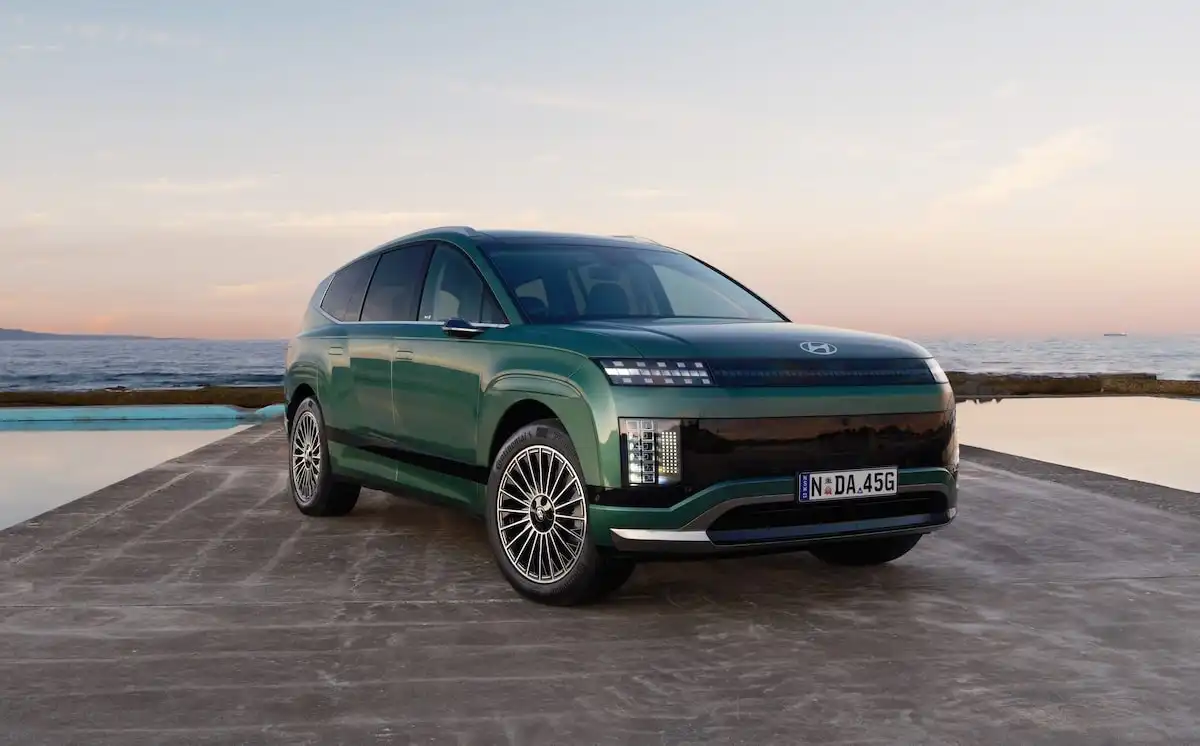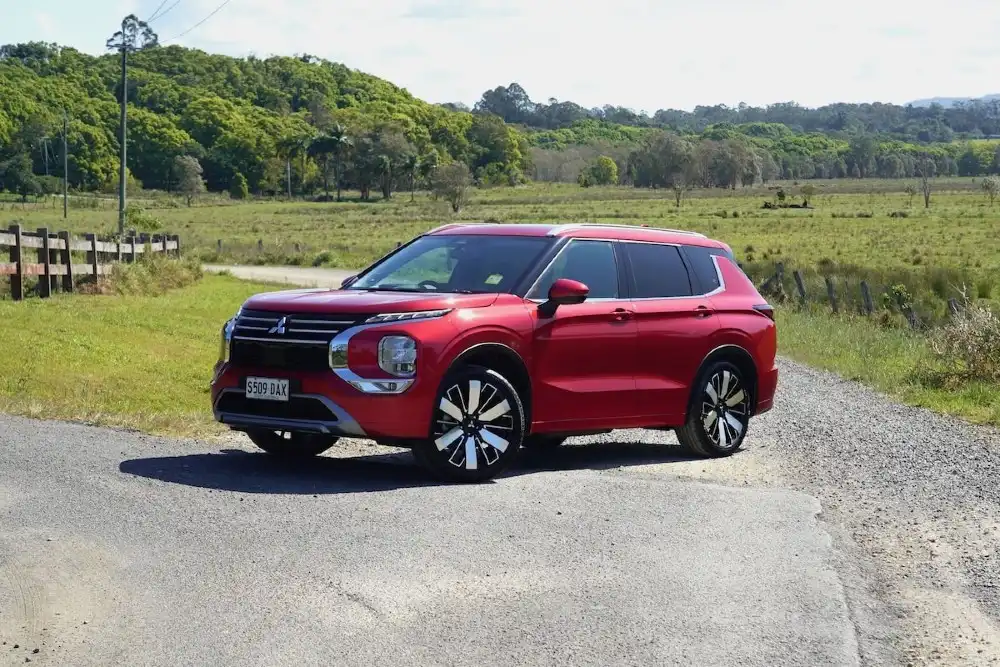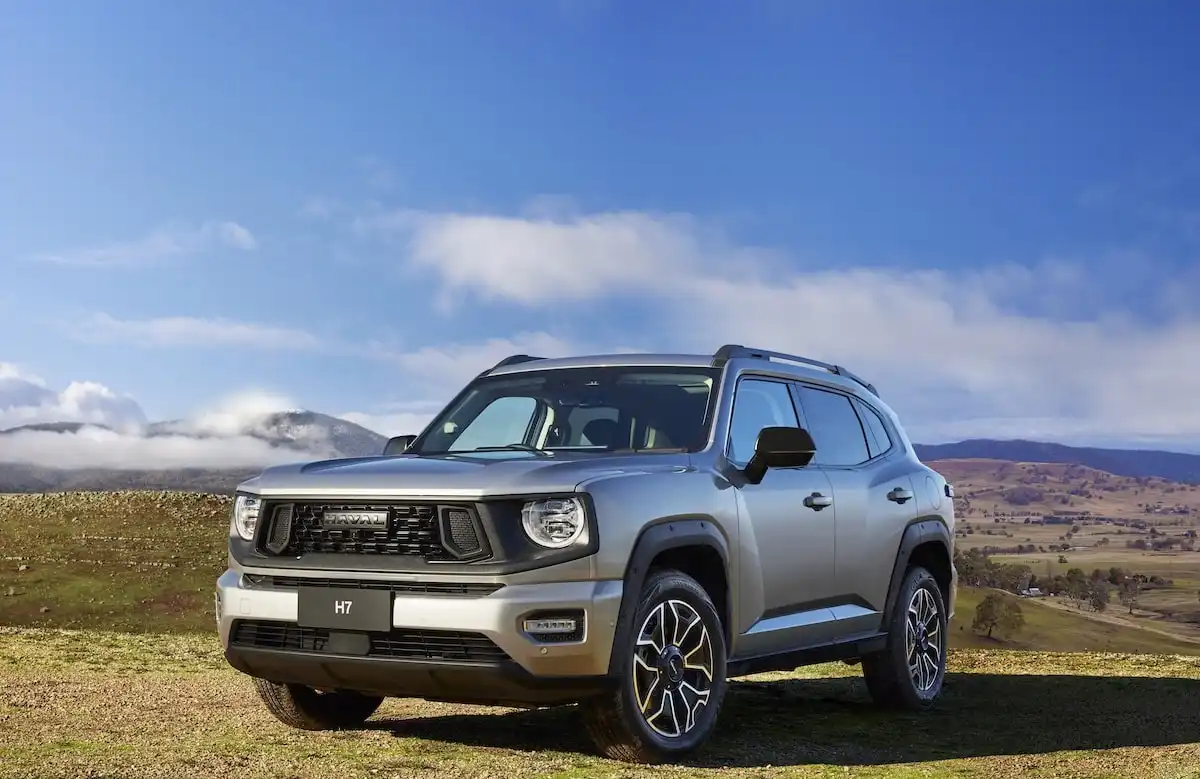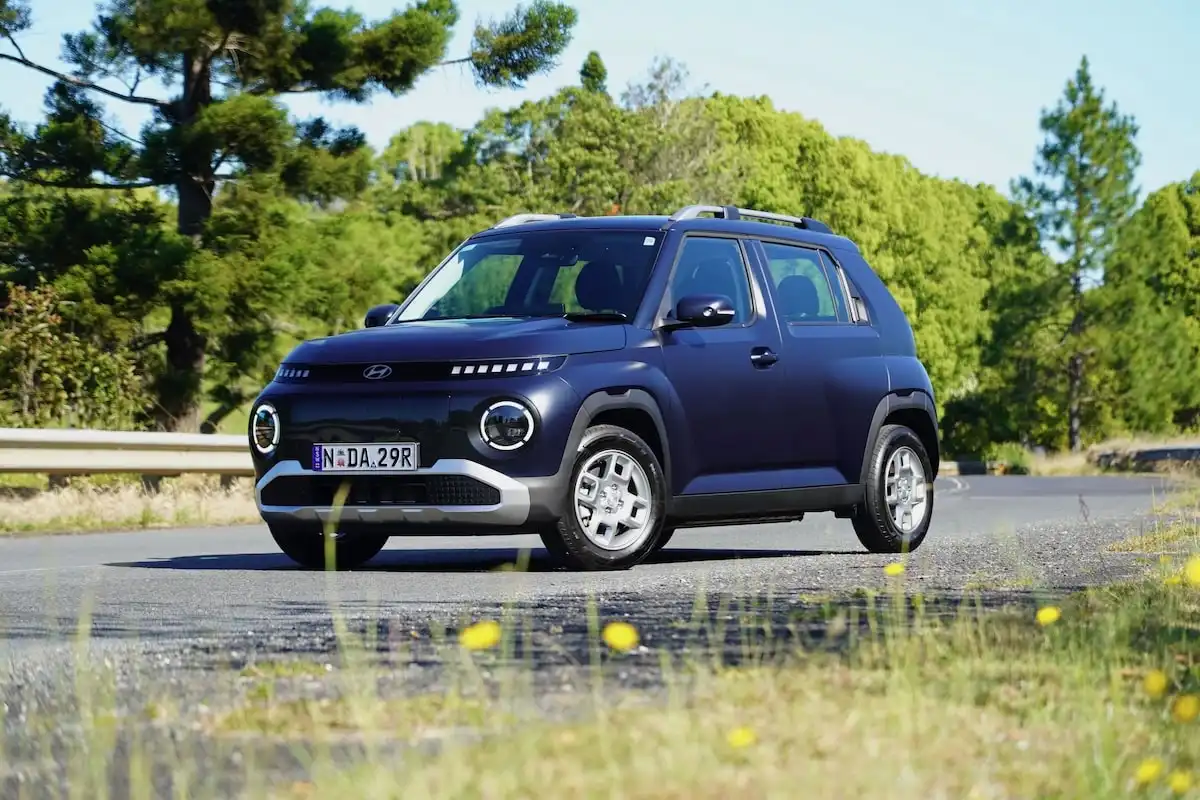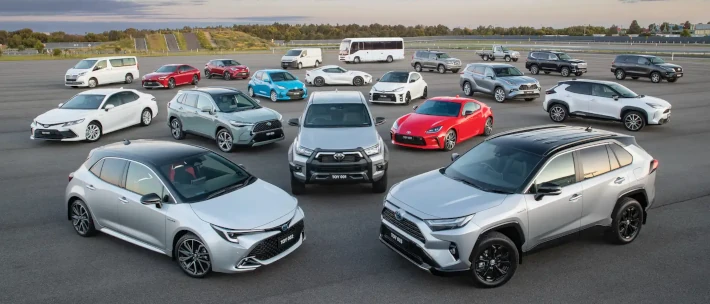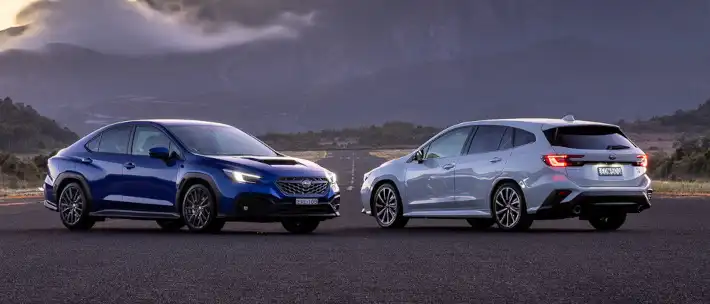While the method of payment is determined largely by your situation, there are some lesser-known things about car finance rates and both the pros and cons of paying for a car with cash versus financing that purchase.
Let’s take a closer look at the advantages of both paying for a car with cash and financing the purchase of a new car, as well as the disadvantages of a cash purchase and financing that new car purchase.
Car Finance vs Buying Outright with Cash
One of the most common questions we’re asked is whether the best method of paying for a new car purchase is with the help of car finance, or buying outright with your hard-earned cash.
There’s no one-size-fits-all answer to this question, so let’s map out all the arguments for and against both of these options to help you out.
Paying Cash for a Car
Paying for a car outright with cash is one of the best ways to avoid the added costs of steep interest rates that are applied to new and used car loans.
Paying outright means the vehicle is yours to do with whatever you’d like, and it also gives you some added leverage during negotiations, showing the dealer you’re ready to pounce - if the price is right.
However, there’s one important thing to keep in mind when paying for a car outright with cash.
That is, vehicles are a depreciating asset, so it’s worth tossing up whether or not you can leverage that cash in other ways that aren’t tied to a steeply depreciating asset, otherwise known as the opportunity cost.
Some of the most common examples of an opportunity cost are the potential of paying down your home loan, creating an emergency cash fund or investing that into shares or an ETF that might grow and help offset any added interest costs while financing part of the vehicle cost.
Pros
- No added interest payments
- Added leverage during negotiations
- Instant ownership with added flexibility
Cons
- Your cash is tied to a depreciating asset
- Potential lost opportunity cost
- Saving cash takes a long time
Financing a Car
Financing a car is the most accessible means of purchasing a new or used vehicle here in Australia, enabling buyers to step into their dream car if they’re approved for a car loan.
This accessibility does, however, come at a cost, which is passed directly onto you - the buyer - in the form of interest on the amount of money you’re borrowing for that purchase.
While financing a new vehicle, it’s important that you consider not only the purchase price, but factor in maintenance and running costs, including the price of fuel, insurance, registration and servicing, which should paint a clear picture of your budget for a new car.
While you are obligated to pay off the original loan amount and the interest incurred, financing a vehicle purchase also allows you to leverage some of the extra cash you have on hand into something that provides a positive return on your investment.
For example, if you finance part of a new vehicle purchase and still have some cash on hand, you can use this capital to pay down your mortgage, or invest in the market that has a positive impact on your financial position down the line.
Pros
- Accessibility
- Added opportunity cost to pay down mortgage or invest
- Building your credit history
Cons
- Added interest costs over time
- Secured loans use the vehicle itself as a form of collateral
- Restricted choice, depending on the lender
Which is Best: Paying Cash or Financing a Car?
As you can see, there are multiple things to take into account when purchasing a new car with both cash and vehicle financing.
While paying outright with cash is a great way to avoid costly interest repayments on the loan, that money remains tied to a depreciating asset, which could have been put to better use, either by paying off your home loan or being invested.
Paying cash for a new vehicle remains out of reach for many Australians, though, which means that the accessibility of vehicle financing is a huge advantage, though this convenience does come at a cost over the course of a loan.
Does Paying Cash for a Car Lower the Price?
Paying cash when purchasing a new car doesn’t necessarily lower the price of that vehicle per se, though it does give you added bargaining power if you’re negotiating directly with the dealer, and it does allow you to escape any interest costs that, indirectly, make it a more cost-effective option.
For example, if you can show the dealer that you’re ready to buy outright with cash, they might be more inclined to budge on price in order to move that vehicle.
On the flip side, though, if the dealership is more interested in signing customers up for their in-house finance options, they might actually be less inclined to negotiate with an outright cash purchase.
What’s certain, though, is that paying for a car with cash allows you to escape costly interest payments over the course of that maturing loan, which lowers the price of that vehicle compared to an identical model purchased under finance.
What is the Best Way to Buy a New Car?
One of the best ways to buy your new car is to enlist the help of one of our car-buying specialists here at OnlineAuto.
Our car-buying specialists are here to take the stress out of the car-buying process, helping to provide you with a list of your best options and assisting with the negotiating phase with the help of our fleet-buying power.
We can also help to secure the most competitive finance rates for your purchase, and even assist with the delivery of your new vehicle.
Request a Quote
To find out more about how one of OnlineAuto’s car-buying specialists can take all the stress out of the buying process and help find you the best possible price, click here for a free quote.

